
Your guide to US military creeds

Creeds of the United States military represent the key principles and values that guide service personnel.
Recited by personnel during their training and throughout their military careers, the creed represents a sacred code of ethics that encapsulates the essence of service.
The US military is driven by tradition, pride and values that underpin the service personnel's work in the military, and these values are put into the spoken word in a creed.
- What is the Royal Navy's 'blue nose' ceremony?
- American public confidence in US military at lowest level in 25 years
- Crossing the Line explained: Centuries-old Navy tradition to gain acceptance of 'King Neptune'
What are creeds and what do they represent?
They are essentially the values of each service written down.
A creed is defined as a "set of beliefs that influences the way you live", according to the Cambridge Dictionary. These beliefs are the standard troops are expected to reach during their time with the US military.
When are the creeds spoken?
The creeds are learnt in basic training by all personnel who join the military and are performed when standing to attention at ceremonies.
The Soldier's Creed, for example, is learnt by all soldiers, while different creeds can be learnt later, depending on where someone ends up after their training.
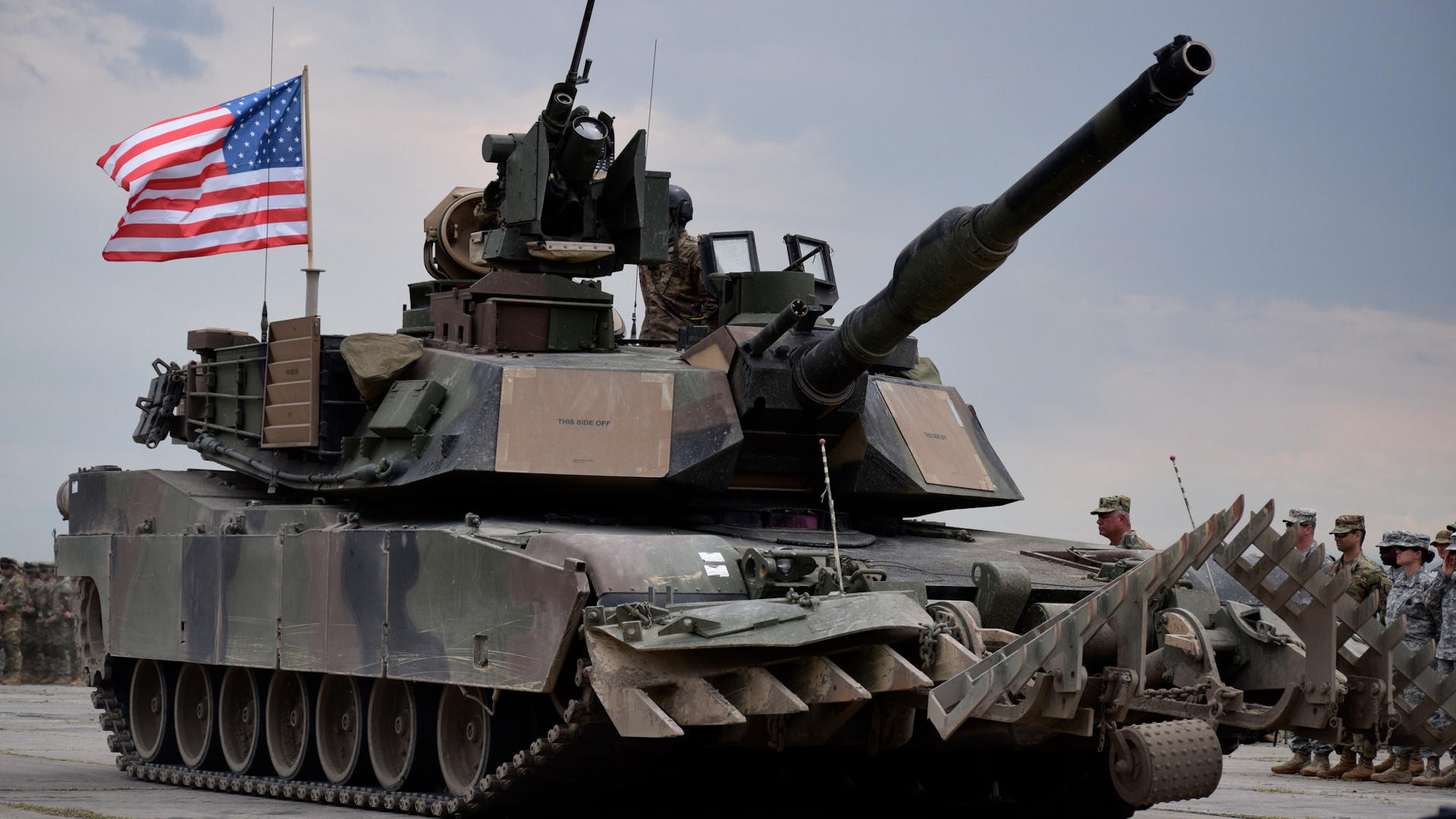
Here is a breakdown of some of the US military's creeds in full, with some information about their histories.
Soldier's Creed
I am an American Soldier.
I am a warrior and a member of a team.
I serve the people of the United States and live the Army Values.
I will always place the mission first.
I will never accept defeat.
I will never quit.
I will never leave a fallen comrade.
I am disciplined, physically and mentally tough, trained and proficient in my warrior tasks and drills.
I always maintain my arms, my equipment and myself.
I am an expert and I am a professional.
I am ready to deploy, engage and destroy the enemies of the United States of America in close combat.
I am a guardian of freedom and the American way of life.
I am an American Soldier.
History of the Soldier's Creed
The Soldier's Creed has a relatively short history, it was created back in 2003 by the Task Force Soldier's Warrior Ethos Team, and it was released to the public in Infantry magazine in late 2003.
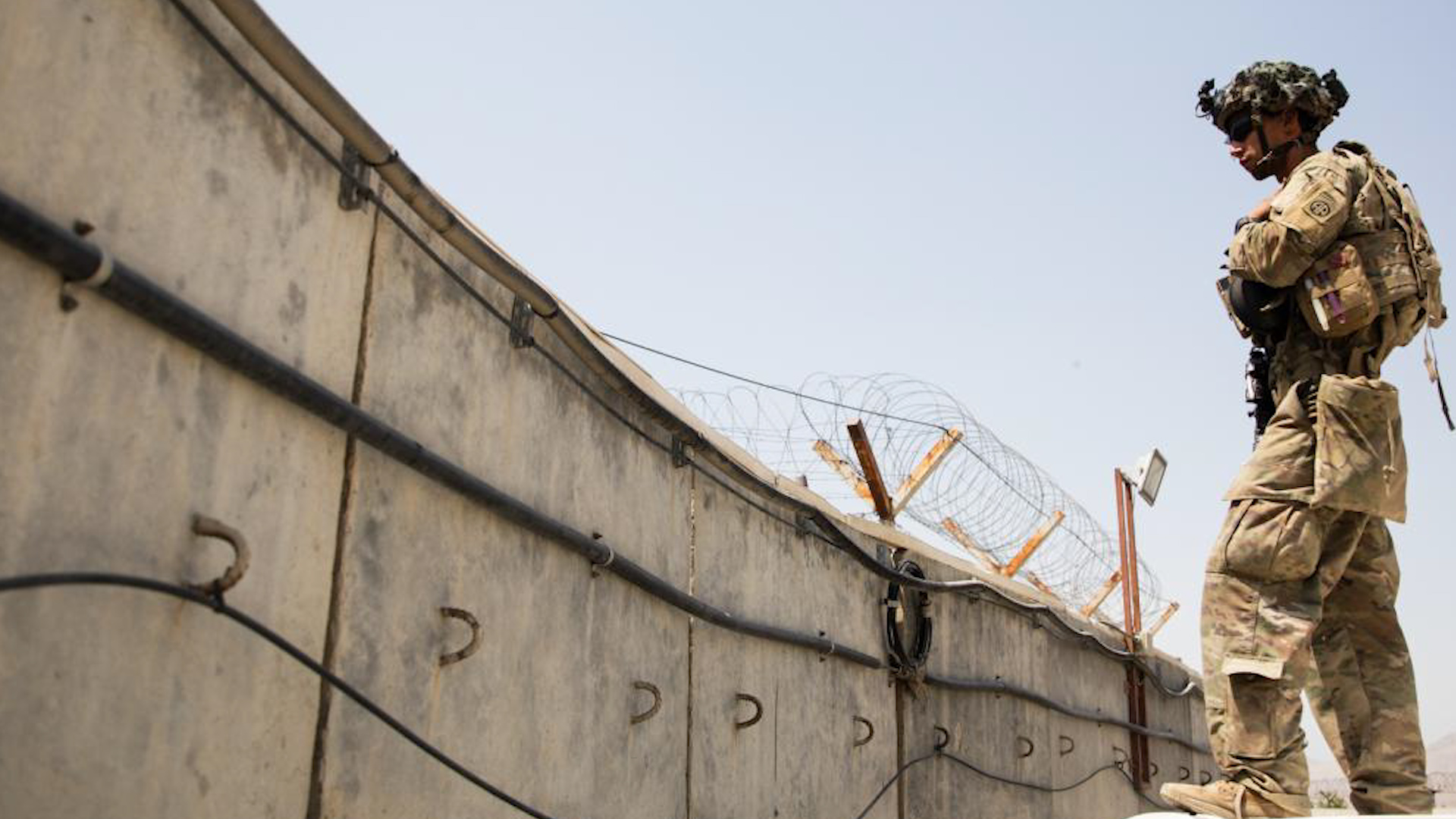
NCO Creed
No-one is more professional than I. I am a non-commissioned officer, a leader of soldiers.
As a non-commissioned officer, I realise that I am a member of a time-honoured corps, which is known as 'The Backbone of the Army'.
I am proud of the corps of non-commissioned officers and will at all times conduct myself so as to bring credit upon the corps, the military service and my country regardless of the situation in which I find myself. I will not use my grade or position to attain pleasure, profit or personal safety.
Competence is my watchword. My two basic responsibilities will always be uppermost in my mind – accomplishment of my mission and the welfare of my soldiers.
I will strive to remain technically and tactically proficient. I am aware of my role as a non-commissioned officer. I will fulfil my responsibilities inherent in that role. All soldiers are entitled to outstanding leadership; I will provide that leadership.
I know my soldiers and I will always place their needs above my own. I will communicate consistently with my soldiers and never leave them uninformed. I will be fair and impartial when recommending both rewards and punishment.
Officers of my unit will have maximum time to accomplish their duties; they will not have to accomplish mine. I will earn their respect and confidence as well as that of my soldiers.
I will be loyal to those with whom I serve; seniors, peers and subordinates alike. I will exercise initiative by taking appropriate action in the absence of orders.
I will not compromise my integrity, nor my moral courage. I will not forget, nor will I allow my comrades to forget that we are professionals, non-commissioned officers, leaders!
History of the NCO Creed
In 1973, Earle Brigham wrote three letters on a sheet of paper during a meeting, and from those letters, the creed was born, according to the Association of the United States Army.
A year later, the doctrine had made its way into texts given to students starting non-commissioned officer courses at Fort Benning.
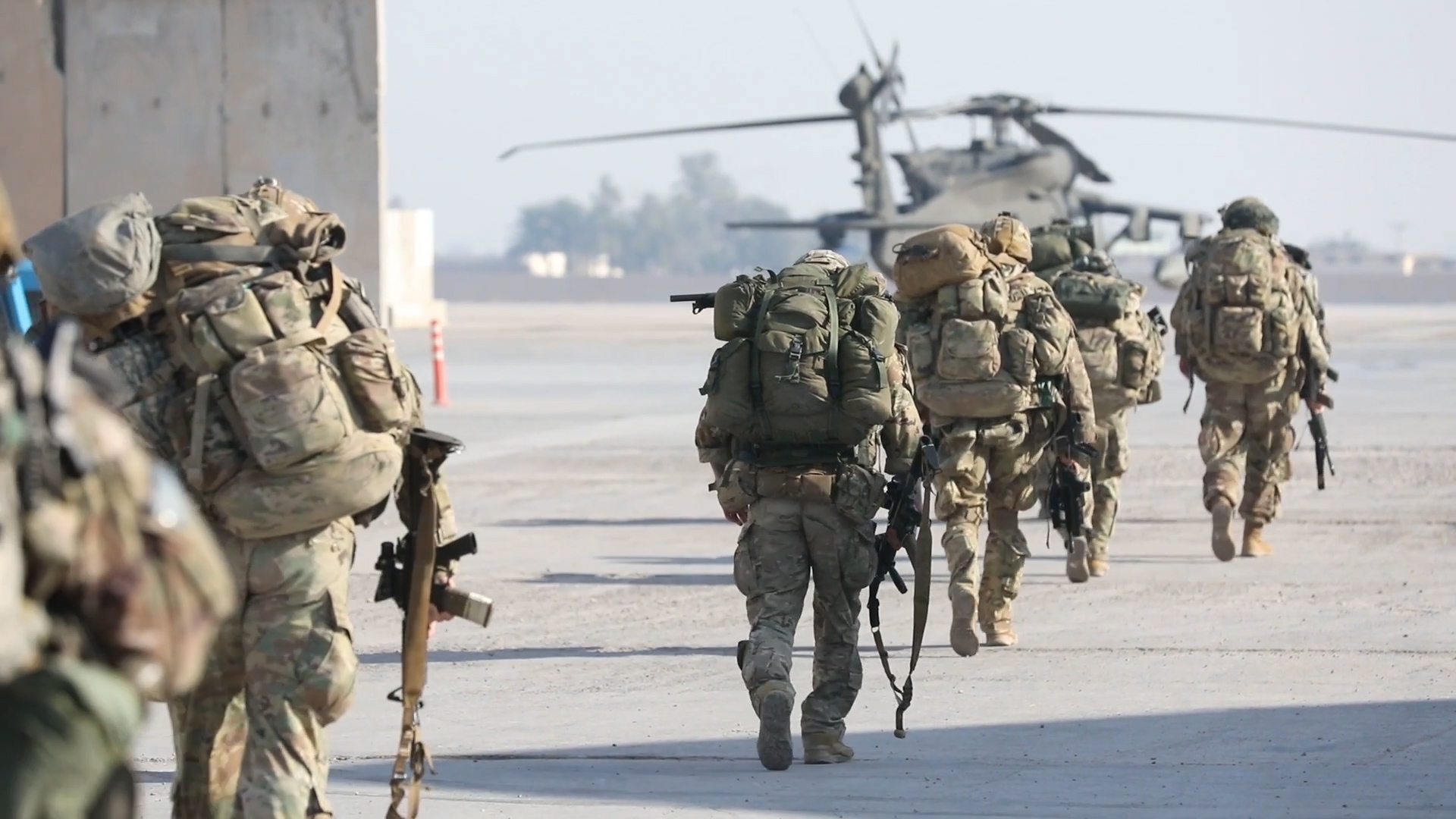
Ranger Creed
Recognising that I volunteered as a Ranger, fully knowing the hazards of my chosen profession, I will always endeavour to uphold the prestige, honour and high esprit de corps of the Rangers.
Acknowledging the fact that a Ranger is a more elite soldier who arrives at the cutting edge of battle by land, sea or air, I accept the fact that as a Ranger my country expects me to move further, faster and fight harder than any other soldier.
Never shall I fail my comrades. I will always keep myself mentally alert, physically strong and morally straight, and I will shoulder more than my share of the task whatever it may be, 100% and then some.
Gallantly will I show the world that I am a specially selected and well-trained soldier. My courtesy to superior officers, neatness of dress and care of equipment shall set the example for others to follow.
Energetically will I meet the enemies of my country. I shall defeat them on the field of battle for I am better trained and will fight with all my might.
Surrender is not a Ranger word. I will never leave a fallen comrade to fall into the hands of the enemy and under no circumstances will I ever embarrass my country.
Readily will I display the intestinal fortitude required to fight on to the Ranger objective and complete the mission though I be the lone survivor.
Rangers lead the way!
History of the Ranger Creed
Command Sergeant Major (CSM) Neal R Gentry wrote this creed and he was chosen specifically to be the first CSM for the 1st Ranger Battalion.
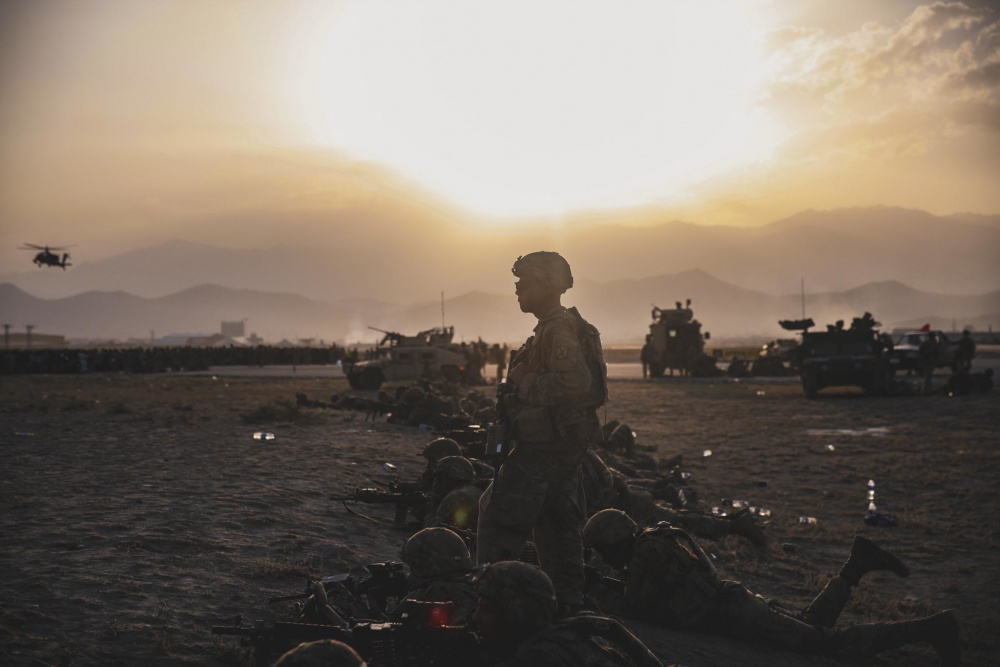
Army Civilian Corps Creed
I am an Army civilian – a member of the Army team.
I am dedicated to our Army, soldiers and civilians.
I will always support the mission.
I provide leadership, stability and continuity during war and peace.
I support and defend the Constitution of the United States and consider it an honour to serve our nation and our army.
I live the Army values of loyalty, duty, respect, selfless service, honour, integrity and personal courage.
I am an Army civilian.
My Rifle – The Creed of a United States Marine
This is my rifle. There are many like it, but this one is mine.
My rifle is my best friend. It is my life. I must master it as I must master my life.
My rifle, without me, is useless. Without my rifle, I am useless. I must fire my rifle true. I must shoot straighter than my enemy who is trying to kill me. I must shoot him before he shoots me. I will.
My rifle and myself know that what counts in this war is not the rounds we fire, the noise of our burst, nor the smoke we make. We know that it is the hits that count. We will hit.
My rifle is human, even as I, because it is my life. Thus, I will learn it as a brother. I will learn its weaknesses, its strength, its parts, its accessories, its sights and its barrel.
I will ever guard it against the ravages of weather and damage as I will ever guard my legs, my arms, my eyes and my heart against damage. I will keep my rifle clean and ready. We will become part of each other. We will.
Before God, I swear this creed. My rifle and myself are the defenders of my country. We are the masters of our enemy. We are the saviours of my life.
So be it until victory is America's and there is no enemy but peace!!
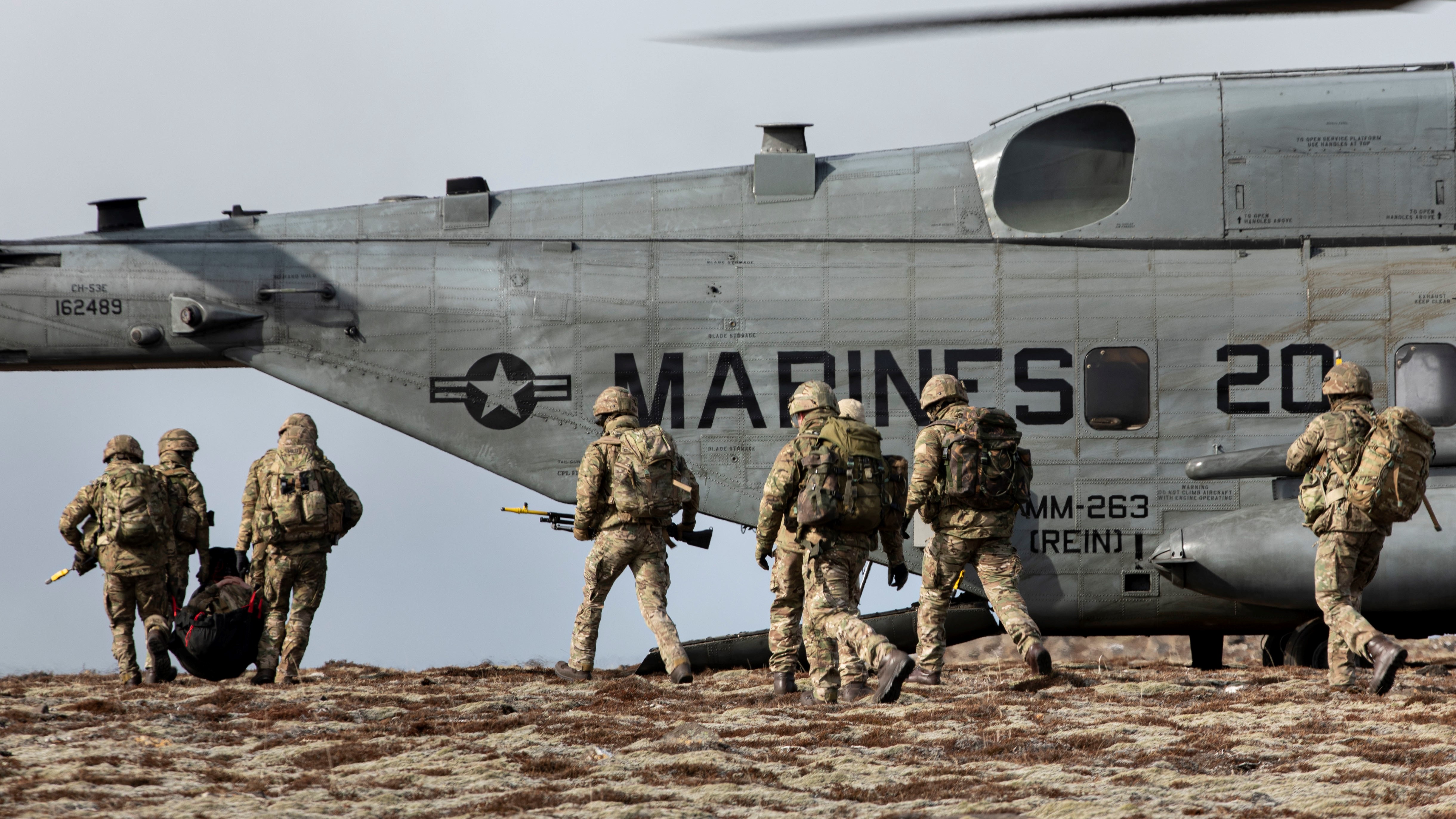
History of My Rifle – The Creed of a United States Marine
Following a conversation between Brigadier General William H Rupertus, who was the Commanding General of the Marine Corps in San Diego, and Captain P White, the PR man at the base in 1942, the general reportedly said: "The only weapon which stands between them and Death is the rifle… they must understand that their rifle is their life… it must become a creed with them."
The next day, Gen Rupertus came to the captain's office with his ideas written on a "random scrap of paper", and these simple notes became the creed.
The creed also made an appearance in Gulf War movie Jarhead (2005), directed by Bond director Sam Mendes, and starring Jake Gyllenhaal.
The first four creeds can be found on the US Army website, while the USMC creed can be found on Marine Corps University.
The Navy Creed
I am a United States Sailor.
I will support and defend the Constitution of the United States of America and I will obey the orders of those appointed over me.
I represent the fighting spirit of the Navy and those who have gone before me to defend freedom and democracy around the world.
I proudly serve my country's Navy combat team with Honor, Courage and Commitment.
I am committed to excellence and the fair treatment of all.
History of the Navy Creed
The original iteration of the Sailor's Creed had its roots in an initiative proposed by Admiral James Watkins in 1986 when he served as the Chief of Naval Operations. Admiral Watkins convened a task force tasked with establishing a code of ethics for the Navy.
The outcome of this effort was an eight-point recitation known as 'The Navy Uniform', which was later streamlined to become the Navy Creed.
The present-day Sailor's Creed evolved through the collaborative efforts of the Blue Ribbon Recruit Panels, established in 1993 by the directive of Chief of Naval Operations, Admiral Frank B. Kelso II.
The Sailor's Creed then underwent two revisions in 1994 and 1997. These revisions were undertaken to ensure its inclusivity and to accurately represent all members of the Navy community.
The Creed is regularly taught and recited during officer accession programs and in boot camps.
Airman's Creed
I am an American Airman.
I am a warrior. I have answered my nation's call.
I am an American Airman.
My mission is to fly, fight, and win.
I am faithful to a proud heritage,
A tradition of honour, And a legacy of valour.
I am an American Airman,
Guardian of freedom and justice,
My nation's sword and shield,
It's sentry and avenger.
I defend my country with my life.
I am an American Airman:
Wingman, leader, warrior.
I will never leave an Airman behind,
I will never falter,
And I will not fail.
History of the Airman's Creed
The Airman's Creed, introduced in 2007, is a reflection of the U.S. Air Force's core values and beliefs.
Those three values are integrity first, service before self and excellence in all we do.
The Creed was first presented in a letter by General T Michael Moseley, Chief of Staff of the US Air Force when he wrote that one of his "top priorities" was to "reinvigorate the warrior ethos in every airman of our Total Force".
Creed of the United States Coast Guardsman
I am proud to be a United States Coast Guardsman.
I revere that long line of expert seamen who by their devotion to duty and sacrifice of self have made it possible for me to be a member of a service honored and respected, in peace and in war, throughout the world.
I never, by word or deed, will bring reproach upon the fair name of my service, nor permit others to do so unchallenged.
I will cheerfully and willingly obey all lawful orders.
I will always be on time to relieve, and shall endeavor to do more, rather than less, than my share.
I will always be at my station, alert and attending to my duties.
I shall, so far as I am able, bring to my seniors solutions, not problems.
I shall live joyously, but always with due regard for the rights and privileges of others.
I shall endeavor to be a model citizen in the community in which I live.
I shall sell life dearly to an enemy of my country, but give it freely to rescue those in peril.
With God’s help, I shall endeavor to be one of His noblest Works...
A UNITED STATES COAST GUARDSMAN
History of the Creed of the United States Coast Guardsman
The Creed was written in 1938 by Vice Admiral Harry G. Hamlet who was commandant of the US Coast Guard from 1932-1936.









